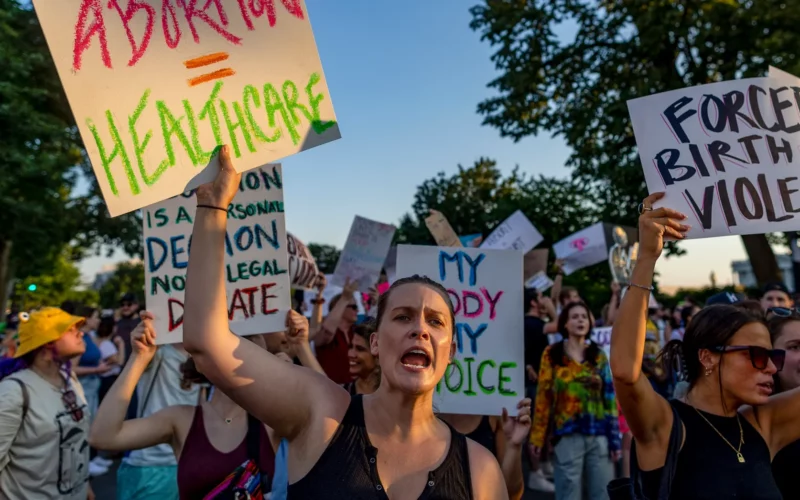The Supreme Court ruled on Thursday against a challenge to the Food and Drug Administration’s (FDA) regulatory approval process of the abortion drug mifepristone. This marks the latest significant case following the 2022 decision that overturned Roe v. Wade.
In a notable victory for the Biden administration and supporters of abortion rights, the Supreme Court delivered a unanimous decision stating that the challengers lacked the standing necessary to sue the government. Justice Brett Kavanaugh, who authored the opinion, emphasized that a plaintiff’s desire to make a drug less available does not constitute standing under Article III of the Constitution.
“Under Article III of the Constitution, a plaintiff’s desire to make a drug less available for others does not establish standing to sue. Nor do the plaintiffs’ other standing theories suffice,” Justice Kavanaugh wrote.
“The plaintiffs have sincere legal, moral, ideological, and policy objections to elective abortion and to FDA’s relaxed regulation of mifepristone,” he continued. “But under Article III of the Constitution, those kinds of objections alone do not establish a justiciable case or controversy in federal court.”
Justice Kavanaugh further explained that the plaintiffs failed to show that the FDA’s relaxed regulatory requirements would likely cause them an injury in fact. As a result, the federal courts are not the appropriate forum for addressing these concerns about FDA’s actions.
The plaintiffs are advised to present their concerns and objections through the regulatory process with the President and FDA, or through the legislative process with Congress and the President. Additionally, they may express their views to fellow citizens through political and electoral processes.
In March, the justices heard arguments regarding federal government regulations since 2016 that facilitated easier access to mifepristone, including access by mail.
In the 2022 decision that overturned Roe v. Wade, the Supreme Court ruled in Dobbs v. Jackson Women’s Health Organization that the U.S. Constitution does not guarantee the right to an abortion, leaving the decision to the states. Following this ruling, 14 states have banned abortion at all stages of pregnancy with some exceptions, while two others have banned abortion once a fetal heartbeat is detected, typically around six weeks of gestation.
The Biden administration and the maker of mifepristone had requested the Court to reverse an appellate ruling that would restrict access to the drug via mail and impose other limitations, even in states where abortion remains legal. These restrictions would have included reducing the period during which mifepristone can be used from the current 10 weeks to seven weeks of pregnancy.








